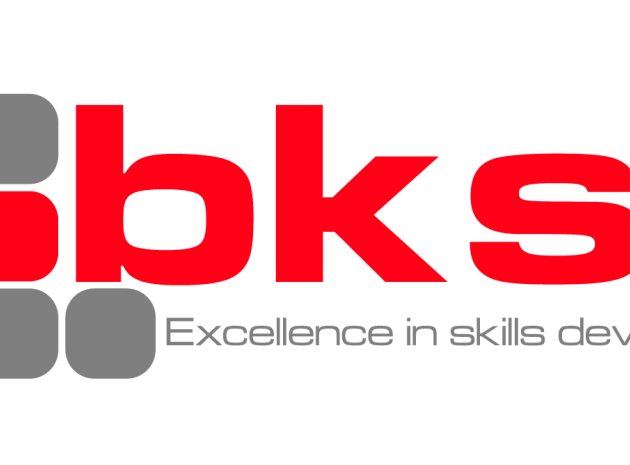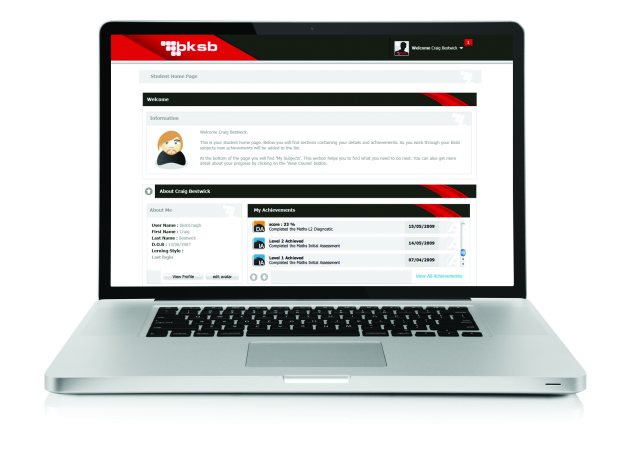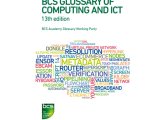My car flashed a warning light last week so I found the handbook and it told me that this had something to do with my ABS and trip to the garage was in order. The mechanic plugged his laptop into my cigarette lighter, connected to the internet and after a couple of minutes the exact fault had been identified. The assessment was quick, and I am led to believe, reliable. If only we could plug students into a diagnostic system in the same way and get a printout reporting what’s working and what isn’t. Of course, assessing a student’s true learning needs is not like visiting the garage – but there is a system we can access to get a good idea of how their engines are running.
Have you heard of bksb? The company writes, develops and supplies interactive solutions to improve English, maths and ICT skills – and all designed around the functional skills criteria. It’s been around for around 17 years and 80% of colleges and hundreds of schools use bksb’s collection of assessments, learning resources and results to identify learner skills.
With bksbLIVE, each student has his or her own username and password and a customisable avatar which personalises the learning journey through five steps. The assessment and development process starts with a beginning assessment and helps to pinpoint a student’s general working level in English and mathematics. Step 2 is a diagnostic assessment, which identifies the strengths and skill gaps of individual learners and provides development in manageable portions. In step 3 interactive learning resources provide information, examples and self-marking exercises for upskilling weak areas and in step 4 you will find skill checks for confirming competency of individual topic areas. The last step involves functional skills scenarios testing problem solving in a variety of contexts.
Students can access their learning area at anytime and anywhere, whilst teachers can access records for thorough tracking, reporting and to help inform the effective management of learning. The interface is highly intuitive and very easy to navigate and it is fully interactive and self-marking, which means strengths and weaknesses are put in sharp focus and can be acted upon without slipping under the radar. Activities on-screen are clean, tidy and professional – but if things look a bit too sober, colour change backgrounds can be fashioned and personalised to make them more user friendly. So if you work better in pink, then pink it is. The tutor’s user guide is well written and very easy to follow with a helping hand for getting started, setting up a learner, tracking and monitoring, creating groups, adding learners to groups, group management and more. Foolproof? I think so. A few practice runs and you’ll be on piste in no time.
What I like about bksb is the independent learning plan you get once you have sat your initial assessment and diagnostic test. The assessment activities on offer have been well put together and well written so that you can be sure that what students are interacting with has been differentiated at the appropriate levels but challenging enough to make that all important progression. From a teaching point of view, the most valuable part of this tool is the data it can provide you. What students access and engage with is converted into comprehensive reporting and analysis of achievement levels, which is obviously crucial to providing statistical information to different audiences and their aims whether that is managerial, communicative and/or pedagogical.
So, on paper, everything seems fine and dandy. bksb can support skills development by providing a bespoke learning journey. I do have a slight concern regarding students completing the assessments accurately – they could randomly click some answers and get them right, so whether it is a true picture of their abilities is debatable, and getting the needs of students’ right from the beginning is essential in helping them achieve their potential. However, setting the ground rules for their use should ensure that the assessments are treated seriously, as they can give fairly accurate results and data that can be uploaded onto your school system in a flash. Bksb has the potential to be a highly effective tool, especially when used in conjunction with other assessment approaches.

















